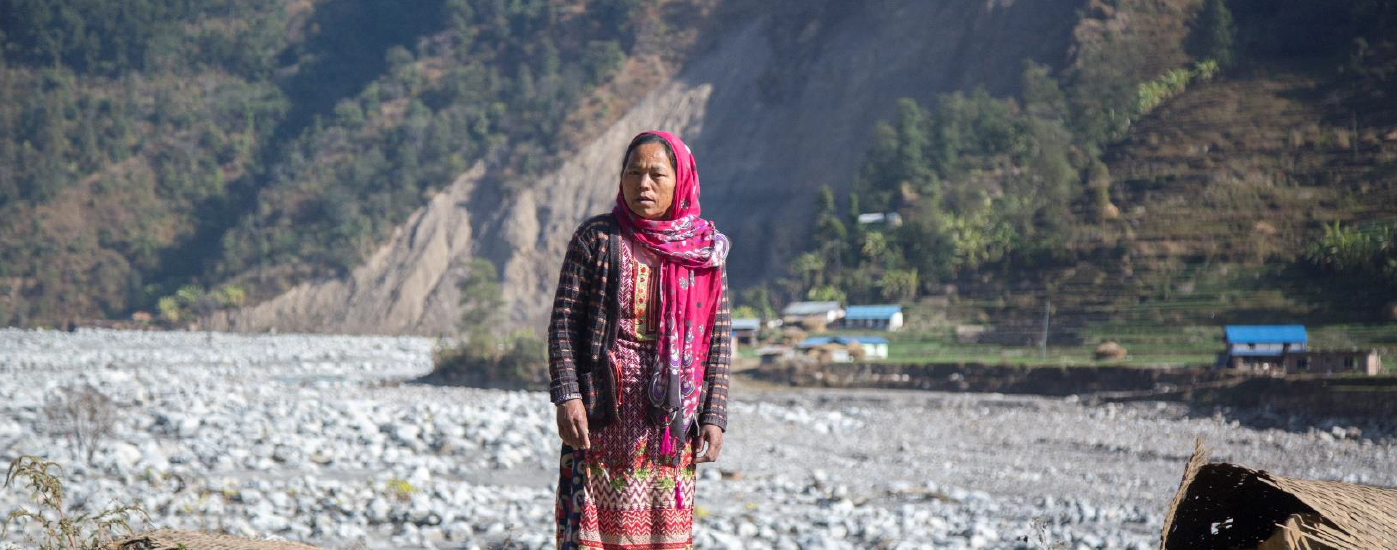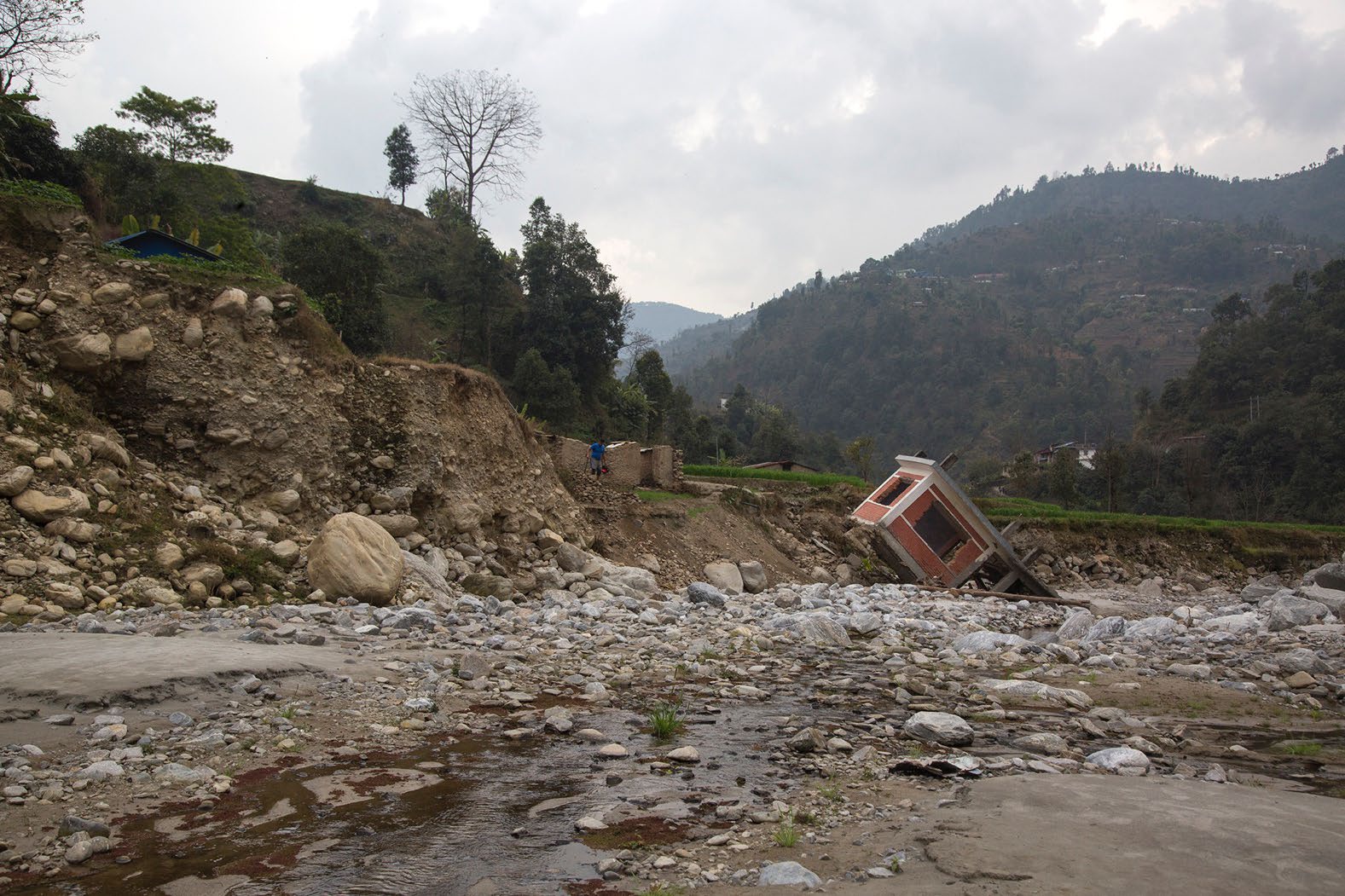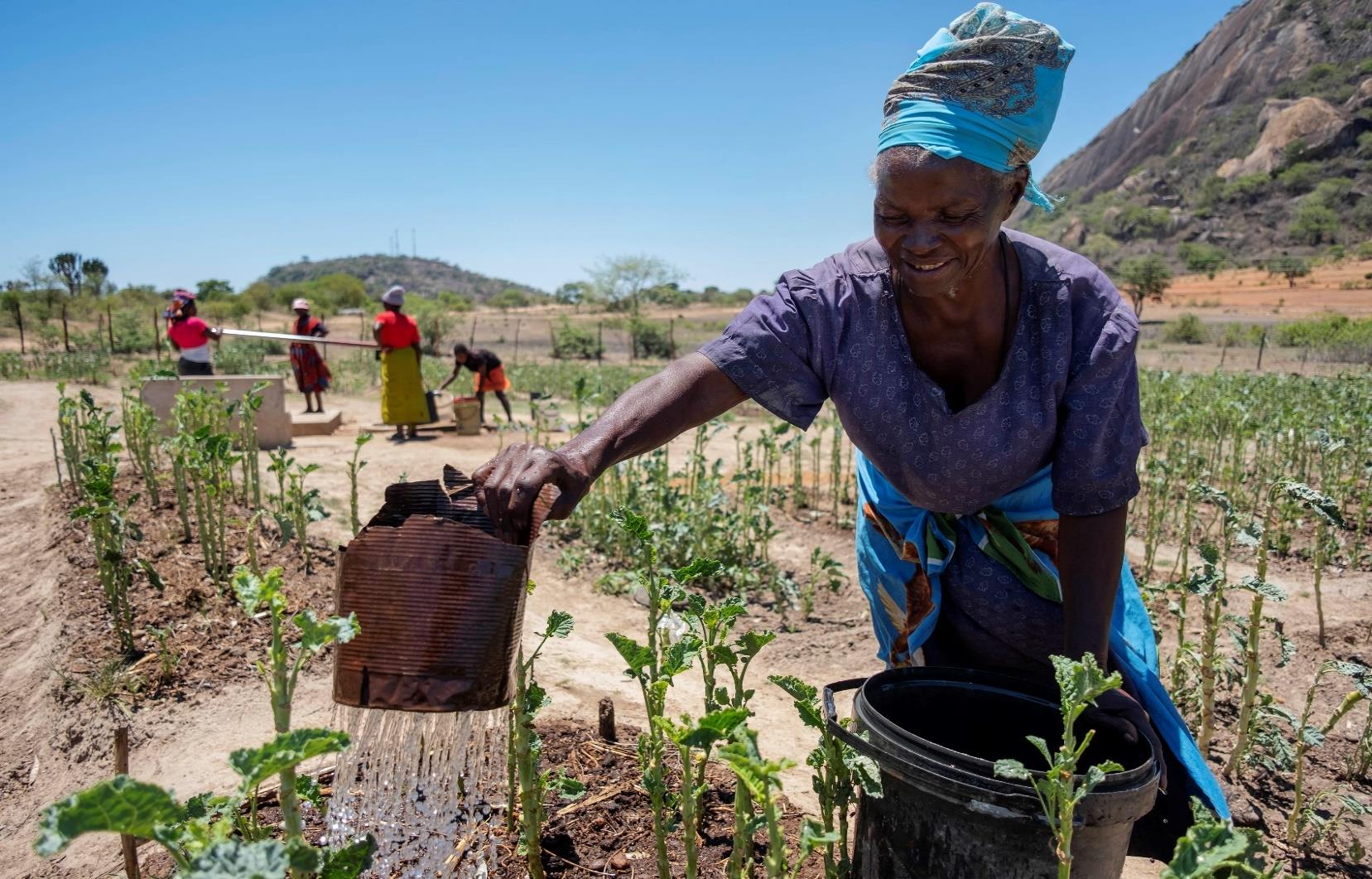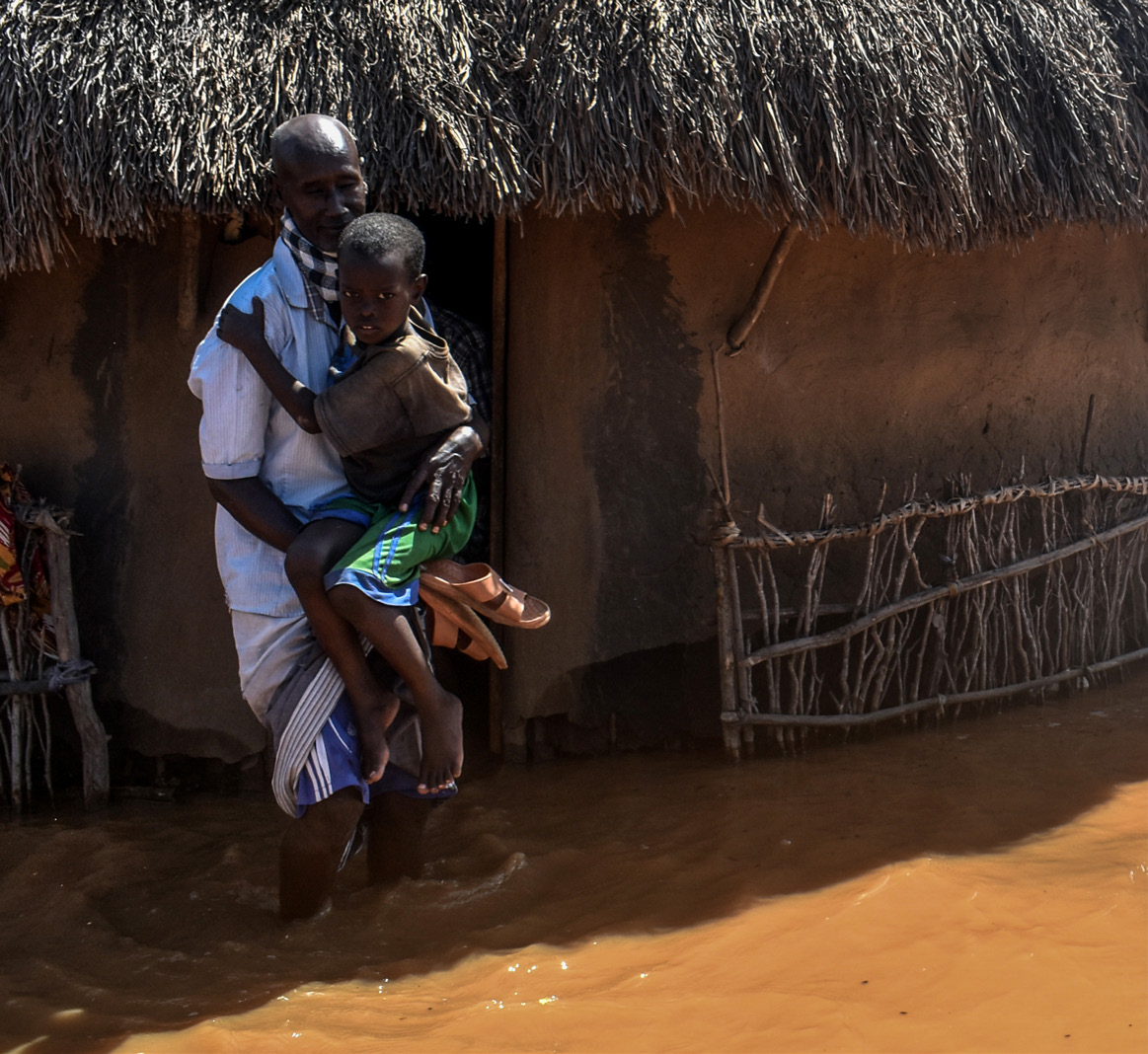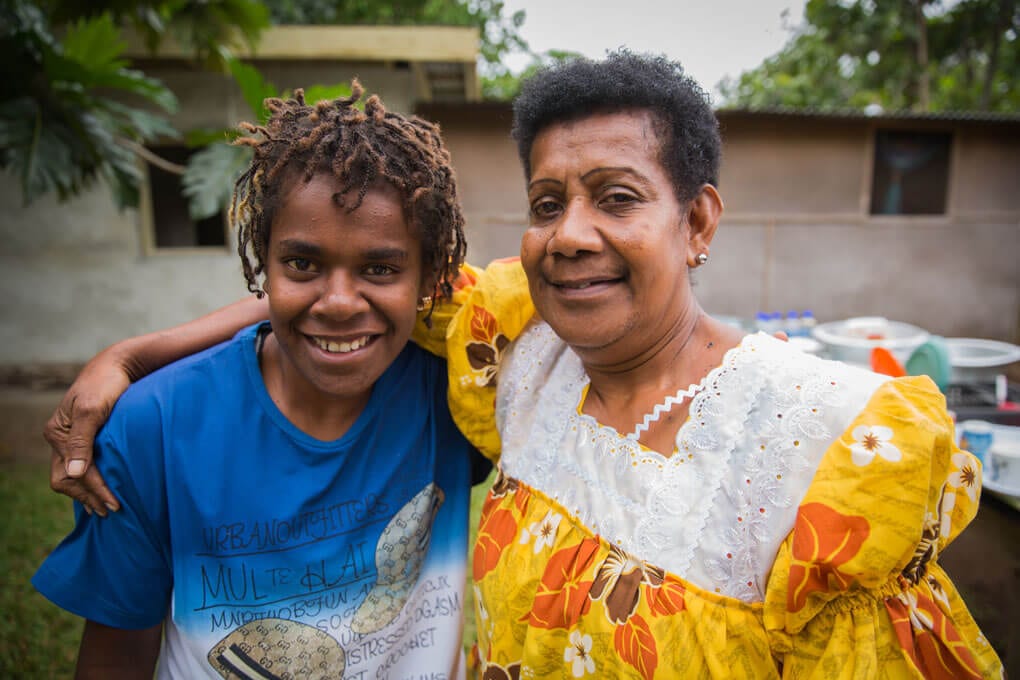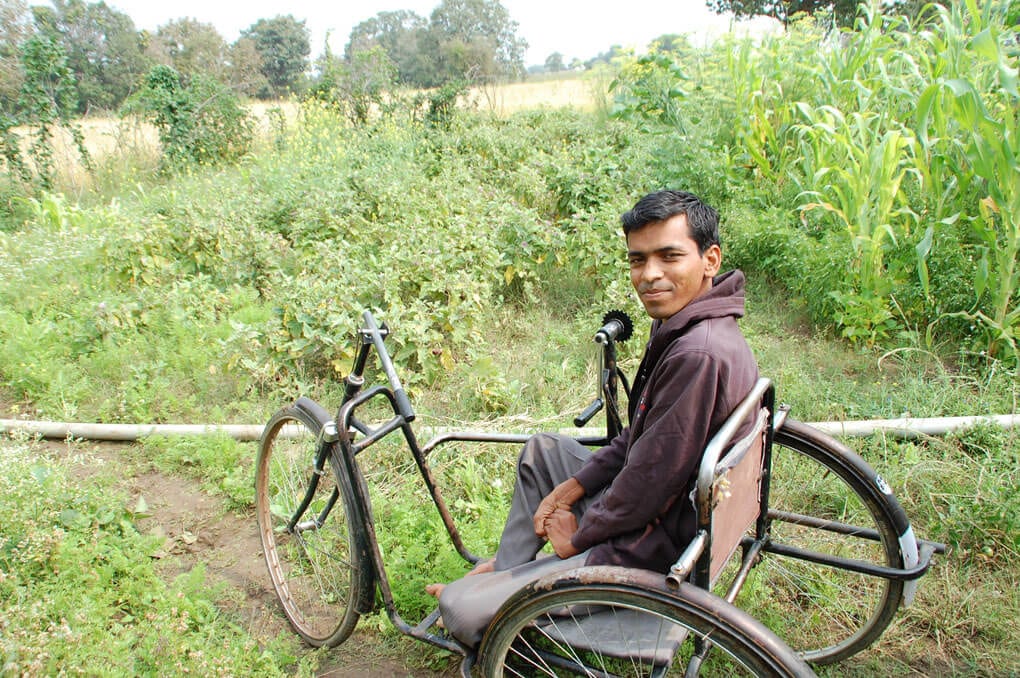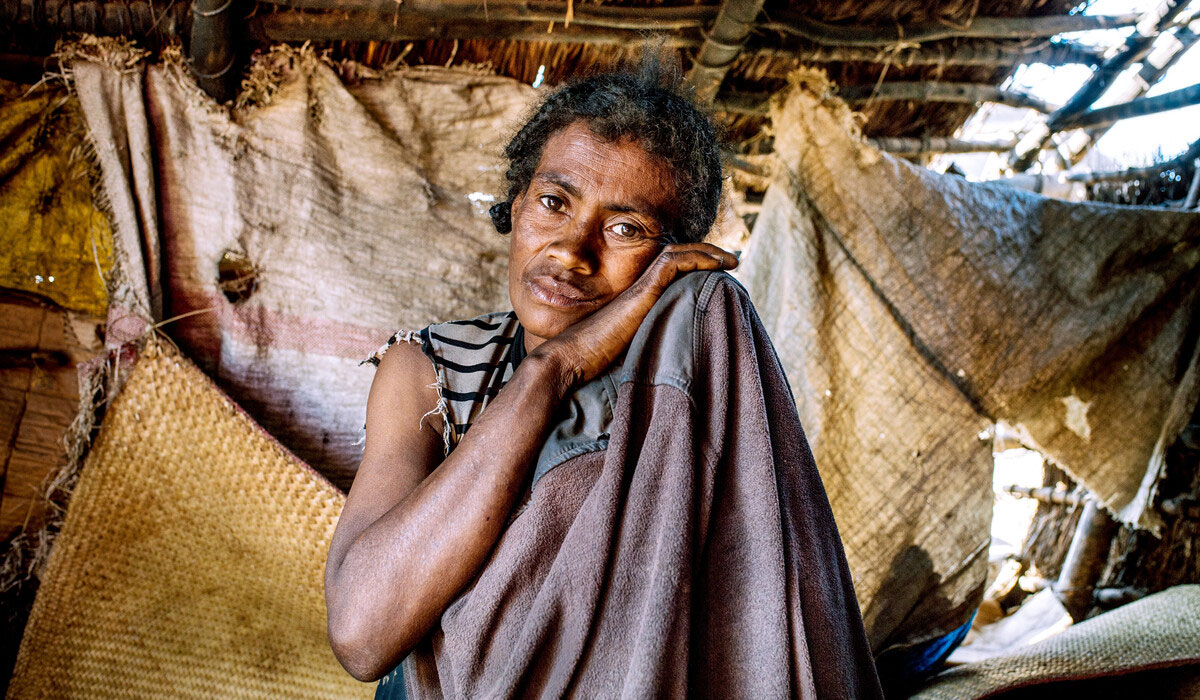How we’re taking action
As an international leader, Australia has a responsibility to serve our neighbours in the Asia-Pacific region, and abroad, as they feel the worsening impacts of climate disasters. The new International Development policy centres gender, climate change and disability as core areas for action. Australia can and must do more to show meaningful leadership in acting to mitigate the worsening climate crisis and support communities on the frontlines of climate impacts.
The UNFCCC COP Summit
The United Nations Framework Convention on Climate Change (UNFCCC) established an international environmental treaty to address the growing threat of climate change in 1992.
The treaty called for ongoing scientific research, meetings, negotiations and policy agreements to ensure ecosystems, food production and economic development could proceed sustainably into the future.
The UNFCCC’s key decision-making body, the Conference of the Parties (COP), made up of the countries that have signed up to the UNFCCC, meets annually at a global summit to assess progress, set policy and renew commitments to mitigate and adapt to the impacts of climate change.
CBM at COP27
In November 2022, CBM Global brought Inclusive Climate Action conversations to COP27, the 27th annual United Nations “Conference of the Parties” meeting on climate.
With our partners, we worked to influence negotiations and join the wider civil society discussion to promote and offer practical suggestions for how climate adaptation, loss and damage and resilience can be more inclusive.

